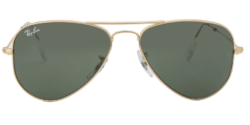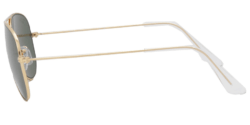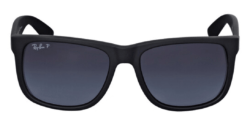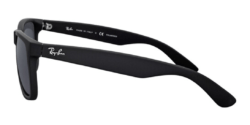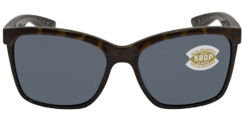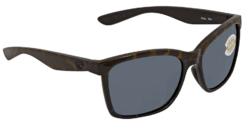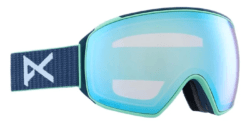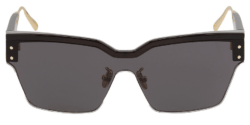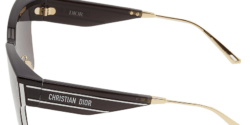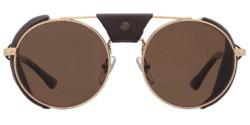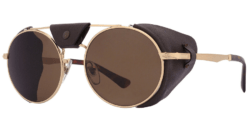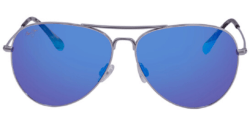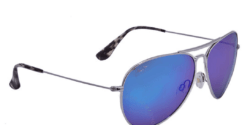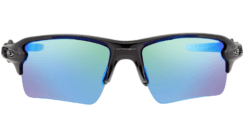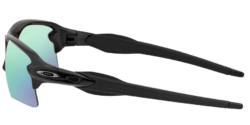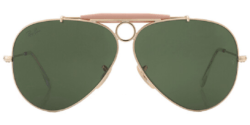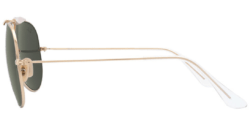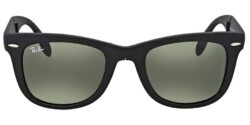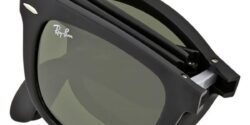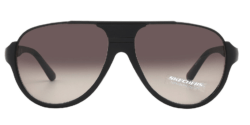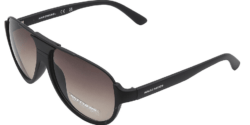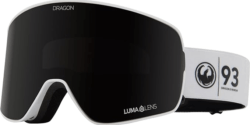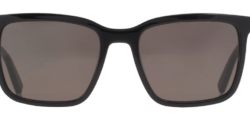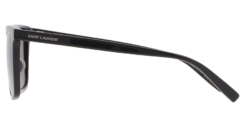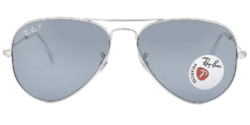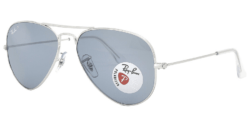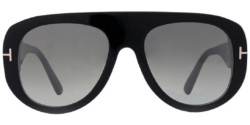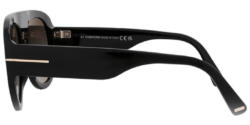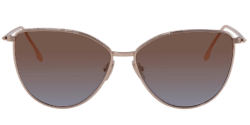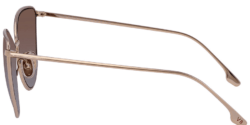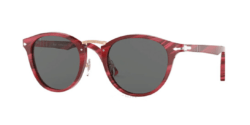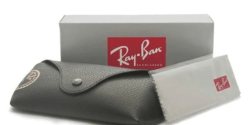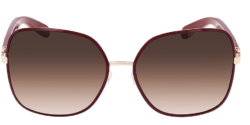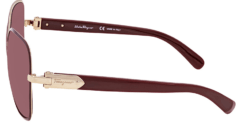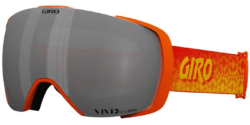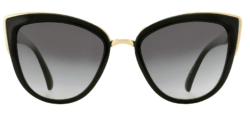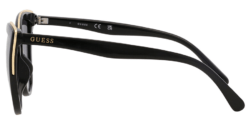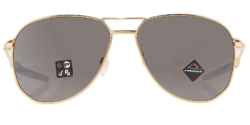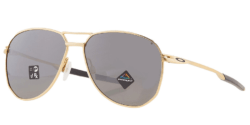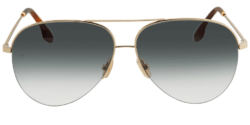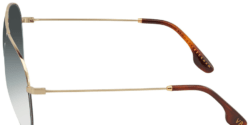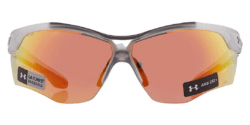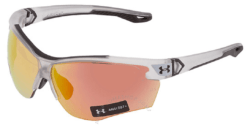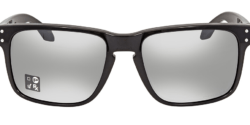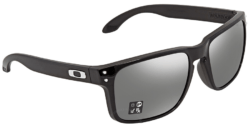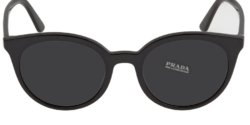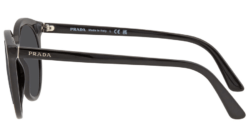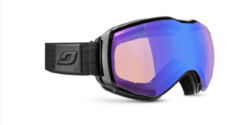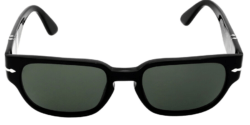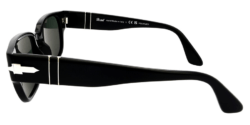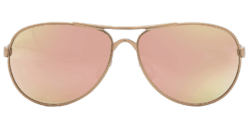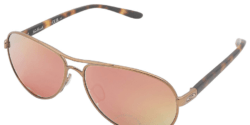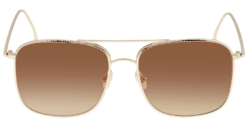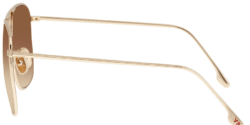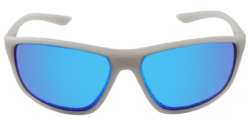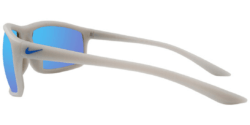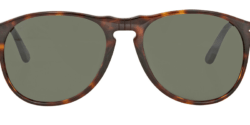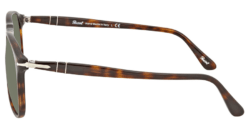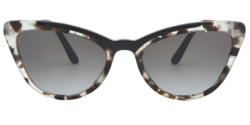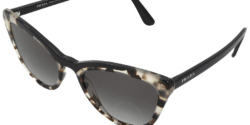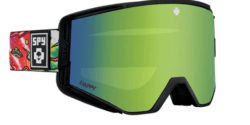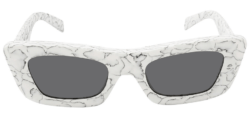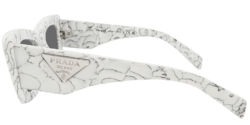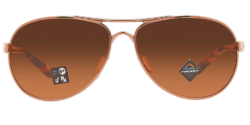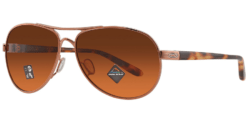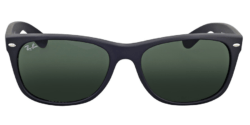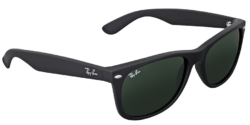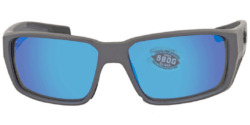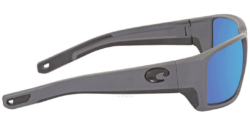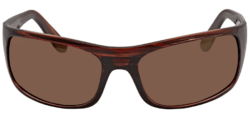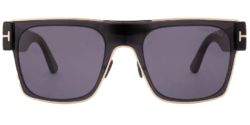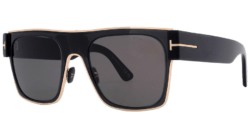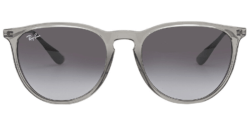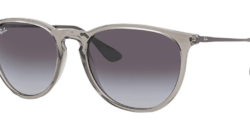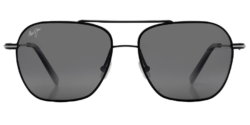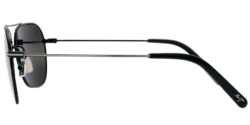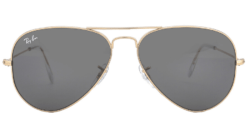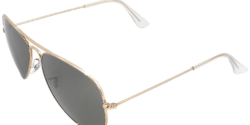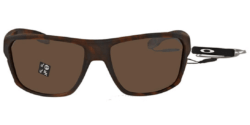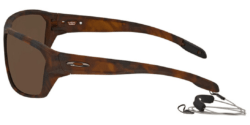Best Sunglasses
Best Sunglasses to Protect Eyes
Choosing the best sunglasses to protect eyes goes beyond style and fashion; it’s about safeguarding the health of your eyes. With the sun’s harmful ultraviolet (UV) rays posing a significant risk to eye health, selecting sunglasses that offer reliable UV protection is paramount. Factors such as lens quality, polarization, and fit all play crucial roles in ensuring optimal eye safety while also enhancing visual clarity and comfort. By understanding the key considerations when selecting sunglasses for men or women, you can make informed choices that prioritize both style and eye protection, ensuring your eyes remain healthy and well-protected in various environments and activities.
Why Is It Important to Protect Your Eyes from the Sun?
Protecting your eyes from the sun is essential for maintaining long-term eye health and preventing potential damage caused by exposure to harmful ultraviolet (UV) rays. UV rays can contribute to various eye conditions, including cataracts, macular degeneration, pterygium (a growth on the eye’s surface), and photokeratitis (sunburn of the cornea). Prolonged exposure to UV radiation without proper protection increases the risk of developing these conditions, which can lead to vision impairment or even permanent vision loss. Additionally, wearing sunglasses with adequate UV protection not only shields your eyes from harmful rays but also reduces glare and enhances visual comfort, making outdoor activities more enjoyable and safer. Therefore, prioritizing eye protection from the sun is crucial for maintaining overall eye health and preserving optimal vision throughout your life.

What Are the Dangers of UV Rays on Your Eyes?
Exposure to ultraviolet (UV) rays from the sun can pose several dangers to your eyes:
1. Cataracts: Cataracts occur when the proteins in the eye’s lens become damaged or clump together, leading to clouding and blurring of vision. UV radiation, particularly UV-B rays, can accelerate the formation of cataracts by causing oxidative damage to the proteins in the lens. Over time, this damage accumulates, resulting in decreased vision and potentially requiring surgical intervention to replace the cloudy lens with an artificial one.

2. Macular Degeneration: Age-related macular degeneration (AMD) affects the macula, the central part of the retina responsible for sharp, central vision. UV exposure, particularly UV-A rays, may contribute to the development and progression of AMD by triggering oxidative stress and inflammation in the macular tissues. This can lead to the deterioration of central vision, making it difficult to perform tasks such as reading and driving.
3. Pterygium: Pterygium is a growth of pink, fleshy tissue that typically forms on the conjunctiva, the clear membrane covering the white part of the eye, and may extend onto the cornea. Chronic exposure to UV radiation, along with other environmental factors such as dust and wind, is a primary risk factor for pterygium development. Although pterygium is benign, it can cause discomfort, irritation, and visual disturbances if it grows large enough to interfere with vision.
4. Photokeratitis: Photokeratitis, also known as corneal sunburn or snow blindness, is an acute, painful condition resulting from excessive exposure to UV-B rays, often reflected off surfaces such as snow, water, sand, or concrete. UV radiation damages the outer layer of the cornea, leading to inflammation, redness, tearing, and a sensation of grittiness in the eyes. While photokeratitis usually resolves within a few days with proper treatment, repeated episodes can increase the risk of long-term eye damage.
5. Skin Cancer Around the Eyes: The skin around the eyes is thinner and more delicate than skin in other areas of the body, making it particularly vulnerable to UV-induced damage. Prolonged exposure to UV radiation increases the risk of developing skin cancer, including basal cell carcinoma, squamous cell carcinoma, and melanoma, on the eyelids, around the eyes, and on the adjacent areas of the face. Protecting the skin with sunscreen and wearing UV-blocking sunglasses and hats can help reduce this risk.
6. Accelerated Aging of the Eyes: UV radiation contributes to the breakdown of collagen and elastin fibers in the skin, leading to premature aging and the formation of wrinkles, fine lines, and sagging skin around the eyes. This can result in a tired, aged appearance and may increase the risk of developing other age-related eye conditions, such as drooping eyelids (ptosis) and bags under the eyes.
What Are The Factors To Consider When Choosing Best Sunglasses to Protect Eyes?
Choosing the best sunglasses to protect eyes involves several critical factors that ensure both optimal protection and comfort, including UV protection, lens material, frame material, fit and comfort, as well as style and fashion.
UV Protection
When selecting sunglasses, ensuring they provide 100% UV protection is crucial to shield your eyes from harmful ultraviolet rays.
UV rays are classified into three types: UVA, UVB, and UVC. UVA and UVB rays can damage the eyes and skin, leading to serious health issues such as cataracts and macular degeneration. By choosing sunglasses that block 100% of UV rays, you can protect your eyes from these harmful effects.
It’s essential to look for labels like ‘100% UV protection’ or ‘UV400’ when shopping for sunglasses to ensure they provide adequate protection. Investing in quality sunglasses with proper UV protection is an investment in your eye health and overall well-being.
Lens Material
The material of the lenses plays a significant role in determining the durability, clarity, and weight of the sunglasses.
There are several types of lens materials commonly used in sunglasses, each with its own set of advantages and disadvantages.
- Polycarbonate lenses: Polycarbonate lenses are highly impact-resistant and lightweight, making them ideal for sports and outdoor activities. They may not have the best optical clarity compared to glass lenses.
- Glass lenses: Glass lenses offer excellent optical quality but can be heavier and more prone to shattering.
- Plastic lenses: For everyday use, plastic lenses are often preferred for their affordability and lightweight nature, although they may not be as scratch-resistant as other materials.
Frame Material
The frame material is essential for the overall comfort, durability, and style of the sunglasses.
There are various frame materials to choose from when selecting best sunglasses to protect eyes.
- Metal frames offer a sleek and modern look, are highly durable, and resistant to corrosion.
- On the other hand, plastic frames are lightweight, budget-friendly, and come in a wide range of colors and designs.
- Acetate frames combine the best of both worlds, providing durability, flexibility, and a luxurious feel.
Each material has its unique advantages, so it’s crucial to consider your preferences and needs before making a decision.
Fit And Comfort
A proper fit and comfort are vital when choosing sunglasses to ensure they stay securely on your face and provide lasting comfort.
Regarding achieving the perfect fit for your sunglasses, nose pads play a crucial role. These small pieces can help prevent slippage and reduce pressure on your nose bridge.
Paying attention to the temple arms is essential for a comfortable experience. The length and flexibility of the arms determine how well the sunglasses stay in place without causing discomfort.
The overall frame design is something that should not be overlooked. The shape and weight of the frame impact both the fit and style of the sunglasses. Opting for a design that complements your face shape and lifestyle is key to finding the perfect pair.
Style And Fashion
Plus protection and comfort, the style and fashion of sunglasses play a significant role in personal preference and overall aesthetic appeal.
One of the popular trends in sunglasses is the oversized frames that offer both protection from UV rays and a bold fashion statement. The retro cat-eye shape has made a comeback in recent years, blending vintage charm with modern flair.
Aviator sunglasses, originally designed for pilots, have become a classic choice for many due to their timeless appeal and versatile style that suits various face shapes.
What Are the Best Sunglasses to Protect Eyes?
The best sunglasses to protect eyes offer a combination of features designed to shield your eyes from harmful UV radiation and minimize glare while providing clear vision and comfort.
Maui Jim – Peahi:
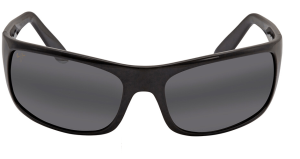
The Maui Jim Peahi sunglasses are crafted with exceptional lens quality, offering outstanding clarity and color enhancement. Their polarization effectively reduces glare from reflective surfaces like water, snow, and roads, while providing 100% UV protection. The Peahi model’s wraparound design also offers enhanced coverage, making them ideal for outdoor activities such as fishing, boating, and driving.
Costa Del Mar – Fantail:
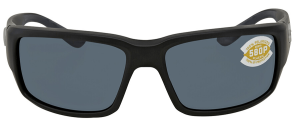
Designed specifically for fishing and water sports, the Costa Del Mar Fantail sunglasses feature polarized lenses that minimize glare and enhance visibility on the water. These lenses offer 100% UV protection, shielding your eyes from harmful sun rays while providing clear vision and reducing eye strain during prolonged outdoor activities.
Oakley – Holbrook:
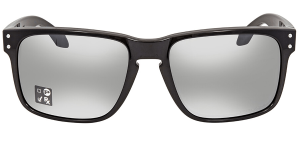
Oakley’s Holbrook sunglasses blend iconic style with advanced lens technology, including optional polarized lenses for superior glare reduction and UV protection. The timeless design and durable construction make them suitable for both everyday wear and active pursuits, ensuring reliable eye protection and uncompromised style.
Ray-Ban – Wayfarer:
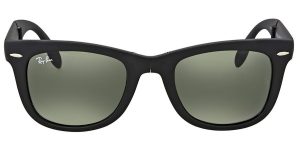
The Ray-Ban Wayfarer is a classic and universally recognized design, featuring high-quality lenses that provide 100% UV protection. With its iconic silhouette and timeless appeal, the Wayfarer remains a popular choice for those seeking both style and effective eye protection in various outdoor settings.
Smith Optics – Lowdown:
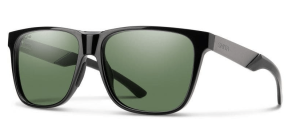
The Smith Lowdown sunglasses feature ChromaPop lenses, which enhance color and clarity while providing 100% UV protection. Whether you’re hiking, cycling, or simply enjoying a day outdoors, the Lowdown series offers exceptional optical performance and eye protection for all your adventures.
Bolle – Bolt:
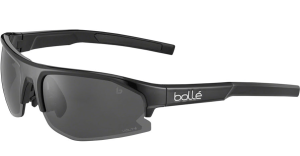
Bolle’s Bolt sunglasses are designed for athletes and outdoor enthusiasts, offering polarized lenses that reduce glare and enhance visual clarity. With their durable frames and comfortable fit, the Bolt series provides reliable eye protection during intense activities such as running, cycling, and skiing.
Spy Optic – Discord:
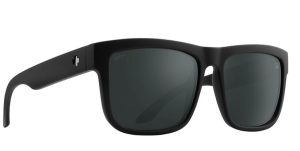
Spy Optic’s Discord sunglasses feature Happy Lens technology, which filters out harmful blue light while allowing in the beneficial long-wave blue light that boosts mood and alertness. Combined with 100% UV protection, the Discord series offers stylish eyewear that promotes visual comfort and well-being in various environments.
Revo – Raconteur:
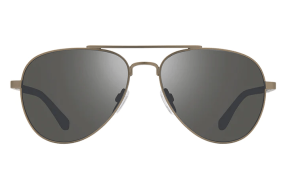
Revo’s Raconteur sunglasses utilize advanced lens technology developed in collaboration with NASA, providing superior UV protection and glare reduction. Whether you’re hiking in the mountains or exploring urban landscapes, the Raconteur series ensures clear vision and eye comfort in diverse lighting conditions.
Electric – Knoxville:
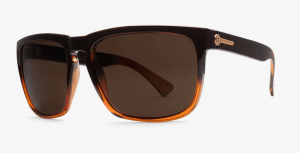
Electric’s Knoxville sunglasses feature OHM lenses, which offer exceptional clarity, impact resistance, and UV protection. Whether you’re skateboarding in the city or lounging on the beach, the Knoxville series delivers reliable eye protection and style for any occasion.
Sunski – Dipsea:
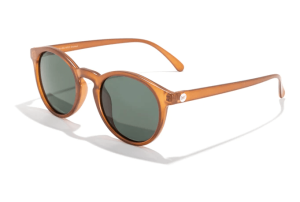
Sunski’s Dipsea sunglasses combine polarized lenses and sustainable materials, offering affordable yet stylish eye protection for everyday wear. With their lightweight frames and comfortable fit, the Dipsea series is perfect for outdoor adventures or casual outings, ensuring clear vision and UV protection wherever you go. If you have big head, click this page to learn what best sunglasses fits for you.
In conclusion, selecting the right sunglasses goes beyond fashion; it’s about safeguarding your eye health and enhancing your visual comfort. With a multitude of options available from reputable brands like Maui Jim, Costa Del Mar, Oakley, Ray-Ban, Smith Optics, Bolle, Spy Optic, Revo, Electric, and Sunski, finding the perfect pair that offers optimal UV protection, glare reduction, and style is easier than ever. Whether you’re fishing, hiking, cycling, or simply enjoying a day in the sun, prioritizing eye protection with sunglasses like the Maui Jim Peahi, Costa Del Mar Fantail, Oakley Holbrook, Ray-Ban Wayfarer, Smith Lowdown, Bolle Bolt, Spy Optic Discord, Revo Raconteur, Electric Knoxville, or Sunski Dipsea ensures clear vision and long-term eye health. By investing in quality sunglasses with advanced lens technology and comfortable, durable frames, you can enjoy outdoor activities with confidence, knowing that your eyes are well-protected against the harmful effects of UV radiation.
Which is better for eye protection, UV protection or polarized?
When choosing the best sunglasses to protect eyes, it’s essential to understand the distinct benefits of UV protection and polarized lenses, as they serve different but complementary purposes.
UV Protection:
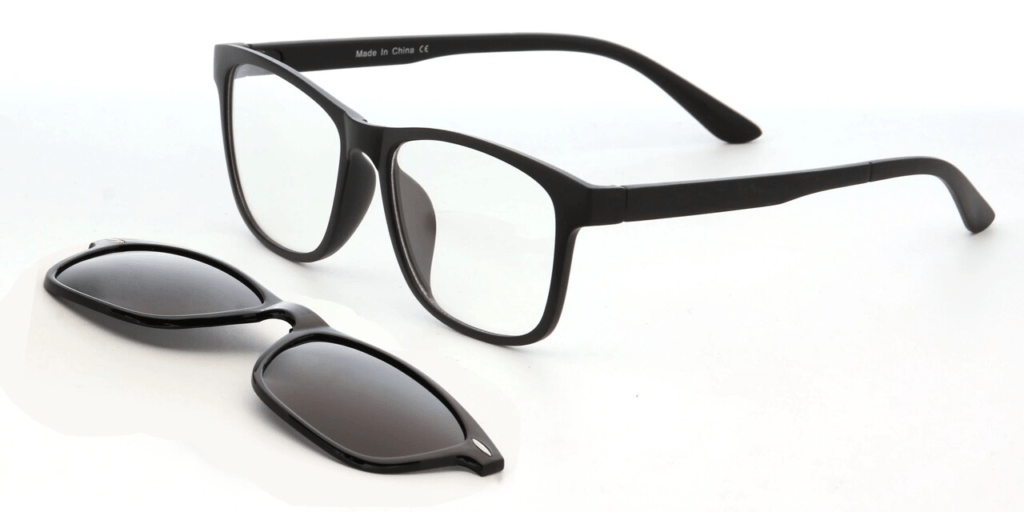
The primary function of UV protection is to block harmful ultraviolet (UV) rays from the sun. UV rays, specifically UVA and UVB rays, can cause severe damage to the eyes. Long-term exposure to these rays can lead to conditions such as cataracts, macular degeneration, and photokeratitis, which is essentially a sunburn of the eye. Over time, UV exposure can accelerate the aging of the eyes and increase the risk of developing these serious conditions. Therefore, ensuring that your sunglasses offer 100% UV protection is crucial. This means the lenses can block both UVA and UVB rays effectively. When shopping for best sunglasses to protect eyes, look for labels or stickers indicating this level of protection. Without adequate UV protection, sunglasses can actually do more harm than good by causing the pupils to dilate and let in more harmful rays.
Polarization:
On the other hand, polarized lenses are designed to reduce glare from reflective surfaces such as water, snow, and glass. Glare can be extremely uncomfortable and can impair vision, especially in bright conditions. Polarized lenses work by filtering out the horizontal light waves that cause glare, thereby enhancing visual comfort and clarity. This is particularly beneficial for activities like driving, fishing, skiing, or any other situation where glare is an issue. Polarized lenses also help reduce eye strain and improve contrast and color perception, making it easier to see details and providing a clearer, more vivid view.
Combining Both:
For the best eye protection and comfort, it’s ideal to choose sunglasses that offer both 100% UV protection and polarization. This combination ensures that your eyes are protected from the harmful effects of UV rays while also providing the additional benefit of glare reduction. When both features are present, you get comprehensive eye protection along with enhanced visual clarity and comfort.
Frequently Asked Questions
What are the best sunglasses to protect eyes from UV rays?
The best sunglasses to protect your eyes from UV rays are those that block 100% of UVA and UVB rays. Look for sunglasses with labels such as “UV400” or “100% UV protection” to ensure proper protection.
Can polarized sunglasses protect my eyes from UV rays?
Yes, polarized sunglasses can protect your eyes from UV rays. In addition to reducing glare, polarized lenses also block harmful UV rays, making them a great option for eye protection.
What types of lenses should I look for in sunglasses to protect my eyes?
To protect your eyes, look for sunglasses with either polycarbonate or polarized lenses. Polycarbonate lenses are impact-resistant and offer 100% UV protection, while polarized lenses reduce glare and block UV rays.
Do I need to wear sunglasses even on cloudy days?
Yes, it is important to wear sunglasses even on cloudy days. UV rays can still penetrate through clouds and cause damage to your eyes. Make sure to wear sunglasses with proper UV protection whenever you are outdoors.
Can I wear any type of sunglasses to protect my eyes?
No, not all sunglasses offer proper protection for your eyes. Look for sunglasses that specifically state they offer 100% UV protection or those that are labeled as UV400 to ensure proper protection from harmful UV rays.
Are expensive sunglasses the best option for protecting my eyes?
Not necessarily. The price of sunglasses does not determine their ability to protect your eyes. Look for sunglasses with proper UV protection, regardless of their price, to ensure the best protection for your eyes.

